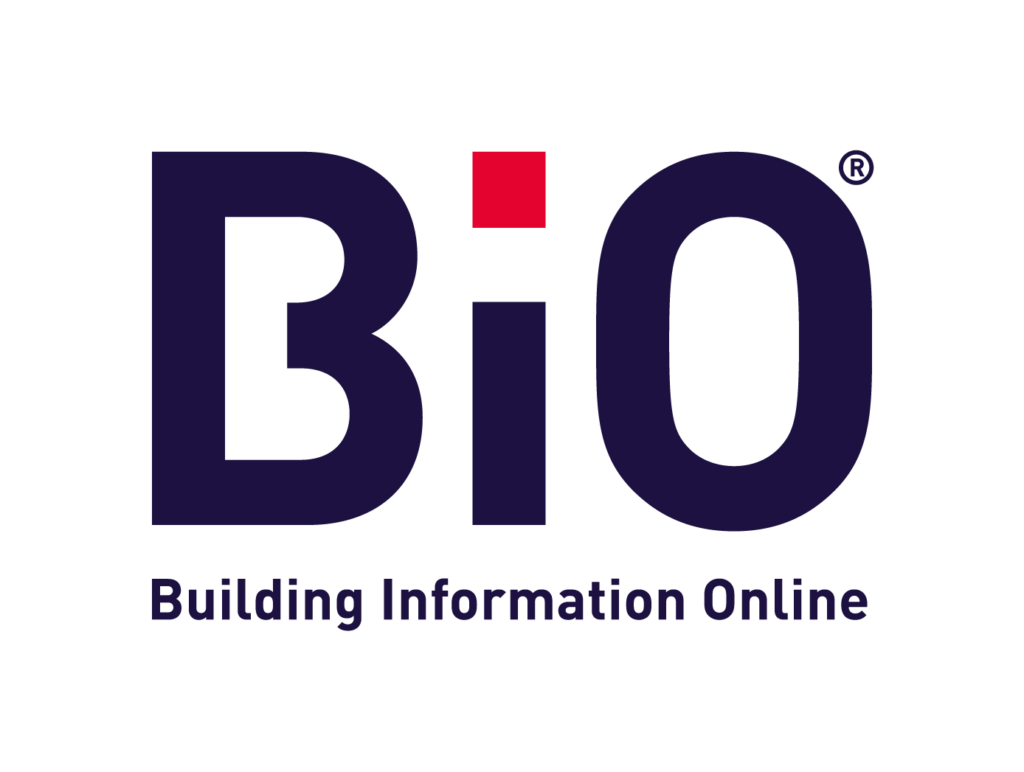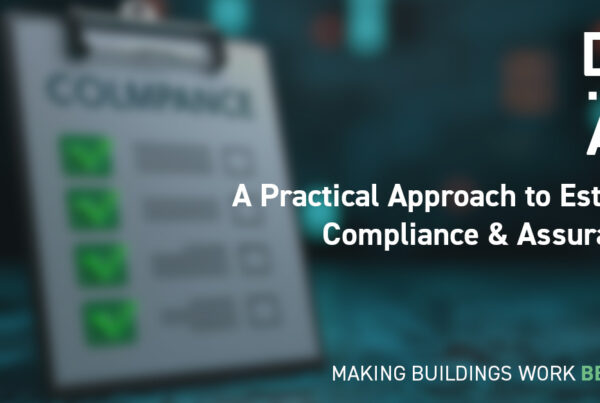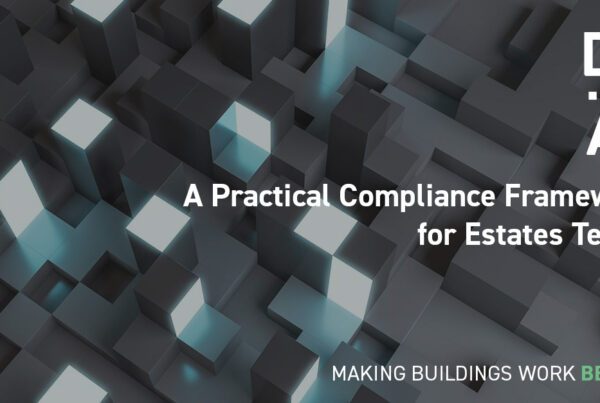
Beyond the Contract: How FM is Creating Strategic Value in 2025–2026
In the past, Facilities Management (FM) was often seen as a necessary overhead; essential, but never central to strategic growth. That narrative is changing.
As we move through 2025 and into 2026, FM is taking centre stage. It’s now a value-generating function that directly impacts sustainability, workforce experience, and organisational resilience. This evolution is most apparent in how FM contracts are now designed, not just to maintain assets, but to create measurable business value.
1. Outsourcing as a Strategic Lever
According to a report by CBRE, outsourcing remains the dominant model in UK FM, but the rationale has matured. It’s no longer just about cost-efficiency, but about access to expertise, innovation, and service integration.
- Integrated FM contracts are on the rise, such as DMA’s Integrated Managed Services solution, combining multiple services under one provider to streamline operations.
- Customers are seeking partners who can deliver strategic outcomes, not just transactional services.
Takeaway: FM providers must demonstrate how their services align with broader business goals such as ESG targets, employee wellbeing, and operational efficiency.
2. Shorter, More Agile Contracts
While outsourcing is growing, contract durations are shortening. Organisations are leaning their preference towards shorter-term, flexible agreements that prioritise agility and responsiveness.
- Organisations want flexibility to adapt to changing workplace needs.
- Shorter contracts encourage continuous improvement and innovation from providers.
Takeaway: FM contracts are becoming more dynamic. Providers must be ready to prove value early and often.
3. Outcome-Based Performance Metrics
Traditional SLAs (Service Level Agreements) are giving way to KPIs tied to business outcomes. These might include:
- Reductions in energy consumption
- Occupant satisfaction and wellbeing scores
- Optimised space utilisation
- Progress on carbon reduction targets
Takeaway: FM is being judged by its impact, not just activity.
4. FM as a Value Creator, Not a Cost Centre
The most forward-thinking organisations now view FM as a strategic enabler. It contributes to:
- Workplace experience: Supporting hybrid work, wellbeing, and productivity.
- Sustainability: Driving net-zero goals through energy and waste management.
- Risk management: Ensuring compliance, safety, and business continuity.
Takeaway: FM leaders must speak the language of value, linking services to financial, environmental, and human capital outcomes.
5. Digital Tools Enhancing Transparency & ROI
The smart use of data is a game-changer.
FM platforms like DMA’s BiO® workforce management system are giving customers real-time visibility into service performance, asset health, and cost savings.
- Real-time performance tracking
- Predictive maintenance
- Data-driven decision-making
Takeaway: Digital maturity is no longer a bonus, but a competitive advantage.
"In my 25 years in the industry, one thing has become clear, and that is Facilities Management is no longer just about delivery of services, it’s about demonstrable value. We’re seeing this shift clearly at the bidding stage, where the questions we’re asked increasingly focus on outcomes; how we support ESG goals, enhance workplace wellbeing, reduce total cost, and prove ROI. It’s no longer enough to do the job well. You have to show the strategic impact from day one."
Valerie MillerChief Customer Officer
The FM landscape in 2025–2026 is being redefined by value. It’s no longer just about who can fix a boiler the fastest or clean the offices the cheapest. The strategic value of facilities management lies in enabling organisations to operate smarter, greener, and safer.
Whether you’re a service provider or a facilities leader, the direction is clear: FM is evolving from the basement to the boardroom.




